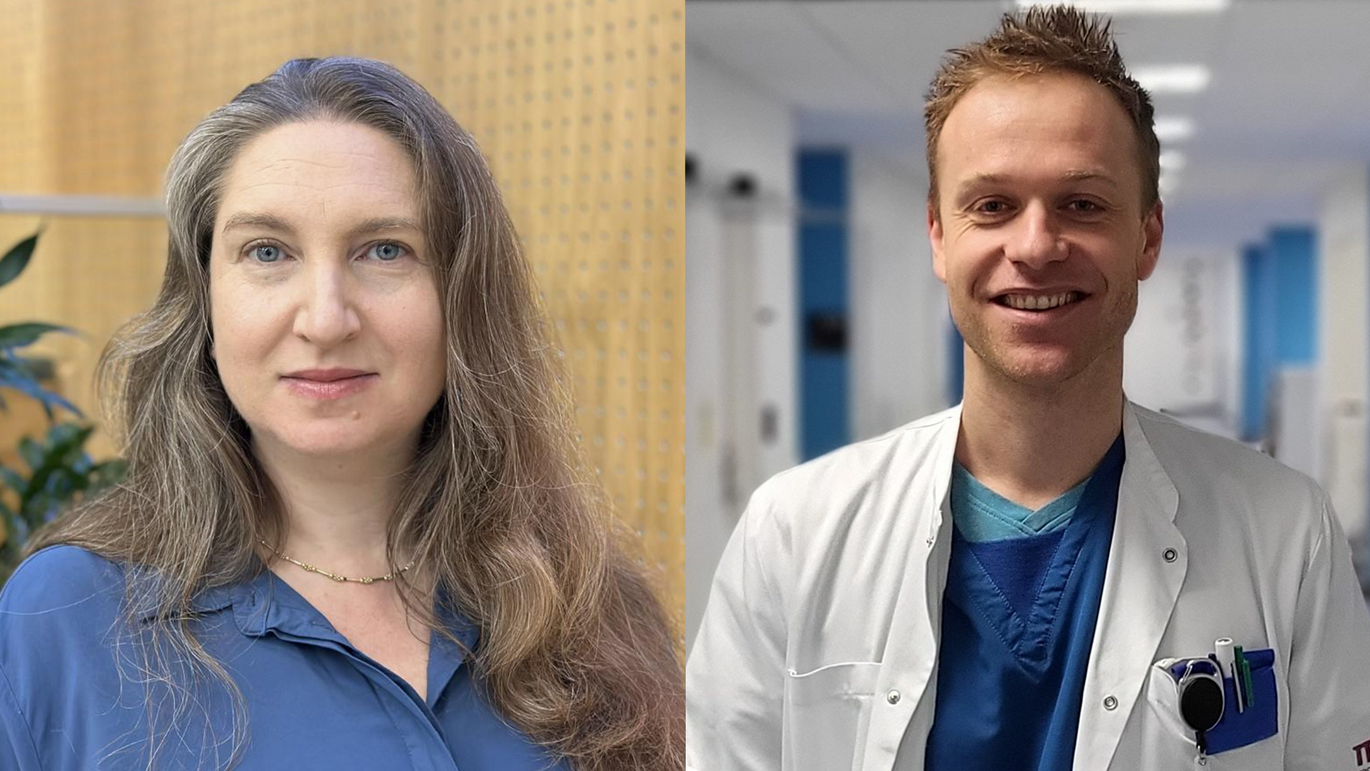Brain researchers receive funding to explore new research pathways
Two researchers from Health are among the 15 selected recipients of the Lundbeck Foundation's Ascending Investigator grants for 2024. These grants are awarded to talented mid-career researchers who aim to explore new research directions and strengthen their research groups.

The Ascending Investigator grants are related to neuroscience, and according to the foundation, the projects all hold the potential to revolutionize brain research and improve treatments for diseases of the nervous system.
Read more about Health's Ascending Investigators below:
Associate Professor Anne Landau from the Department of Clinical Medicine – Translational Neuropsychiatry Unit receives DKK 5,999,209 for the project: “Exploring the role of GPR6 in developing new therapeutics for depression.”
This research project investigates a specific type of protein called GPR6, found on cells critical for dopamine signaling in the brain. Dopamine is a chemical messenger that affects mood, and dopamine dysfunction can play a role in depression.
Researchers will use a new drug, CVN424, which can bind to the GPR6 protein. The goal is to understand how this protein influences stress and depressive behaviors, with the hope that this knowledge will lead to the development of new treatments and diagnostic approaches for depression.
Clinical Associate Professor Rolf Blauenfeldt from the Department of Clinical Medicine and the Neurology Department at Aarhus University Hospital receives DKK 4,983,390 for the project: “A NORthern European multicenter randomized trial in patients with Covert Brain Infarction.”
This research project focuses on small, temporary blood clots in the brain, often detected incidentally during scans. It remains unclear whether these clots are a natural part of aging or should be regarded as minor strokes requiring treatment.
Each year, doctors face this issue around two million times without consensus on the best treatment approach. Therefore, in this project, researchers across Northern Europe will test four different treatment methods to determine the most effective approach for future patients with these clots.
Each Ascending Investigator grant is disbursed over four years.